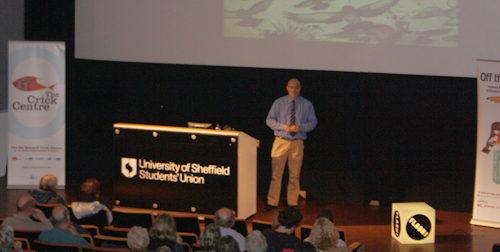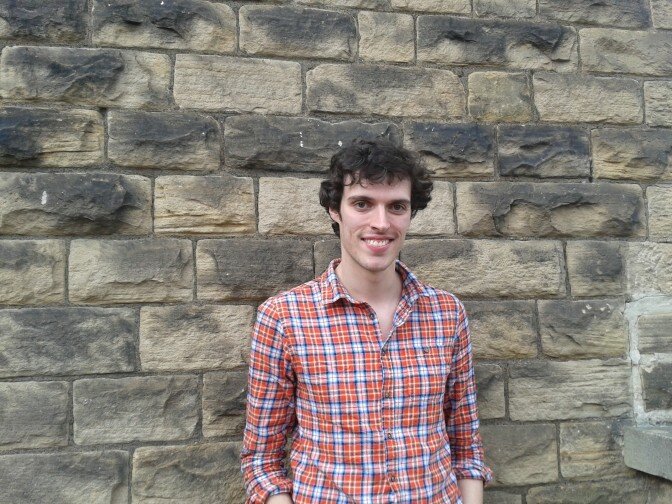

Staff and Associates
Look at our Visiting Professors. Matthew Flinders is Founding Director of the Sir Bernard Crick Centre for the Public Understanding … Read More

Quotes
Tweets by @CrickCentre
Links
You can find the review of “Defending Politics — Why Democracy Matters in the 21st Century”: Mathew Flinders; by The Hindu on this link http://www.thehindu.com/books/books-reviews/a-universal-argument-for-politics/article5723115.ece
